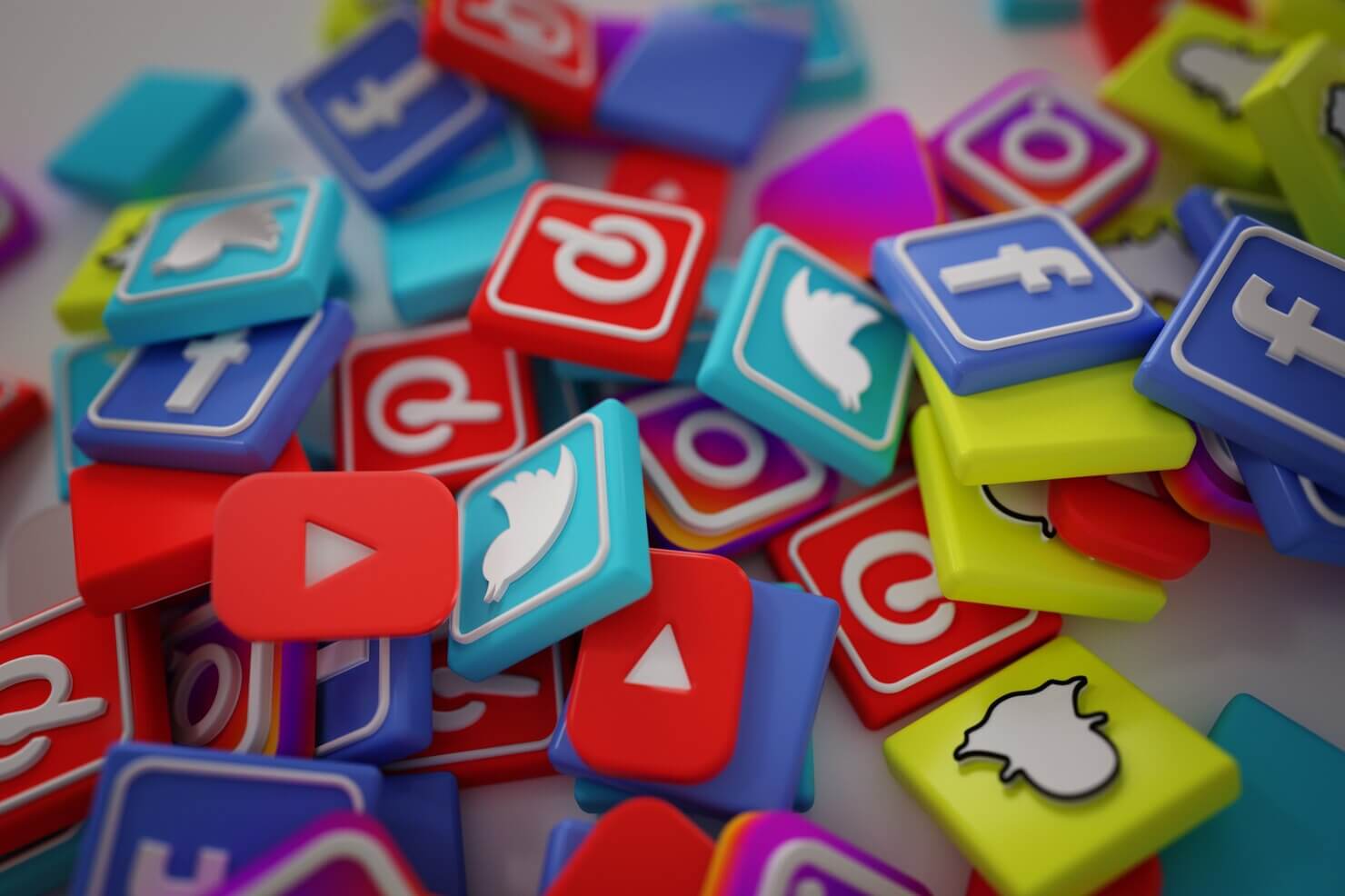In the last decade, social media has become an integral part of our daily lives. Platforms like Facebook, Instagram, Twitter, and TikTok offer unprecedented connectivity and access to information. While these platforms have revolutionized communication and provided numerous benefits, they have also raised concerns about their impact on mental health. Understanding the effects of social media on mental well-being and adopting strategies for a healthier online presence is crucial in today’s digital age.
The Positive Aspects of Social Media
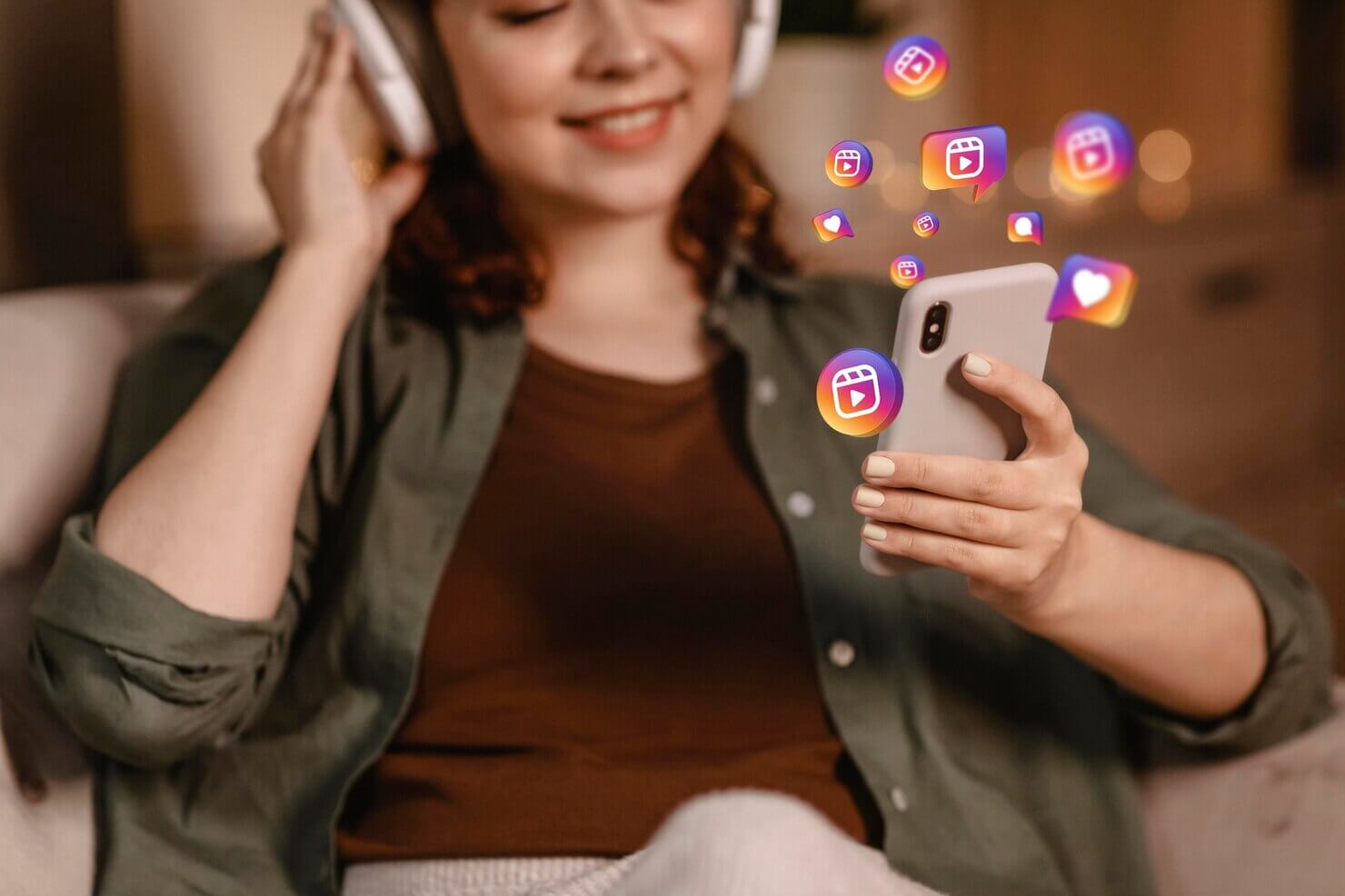
Before delving into the negative impacts, it’s important to acknowledge the positive contributions of social media:
- Enhanced Communication:
- Social media allows people to stay in touch with friends and family, regardless of geographical distances. It enables real-time communication and fosters a sense of connectedness.
- Community Building:
- These platforms provide a space for individuals to connect with like-minded people, join communities, and participate in discussions on shared interests. This can be particularly beneficial for those with niche interests or those seeking support groups.
- Educational Resources:
- Social media is a valuable resource for information and learning. Users can access educational content, participate in webinars, and follow experts in various fields to stay informed and educated.
- Career Opportunities:
- Platforms like LinkedIn facilitate professional networking, job hunting, and career development. Social media also provides a platform for showcasing skills and talents, potentially leading to new opportunities.
- Social Awareness:
- Social media plays a significant role in raising awareness about social, political, and environmental issues. It has been instrumental in mobilizing support for causes and fostering a sense of global citizenship.
The Negative Impacts of Social Media on Mental Health
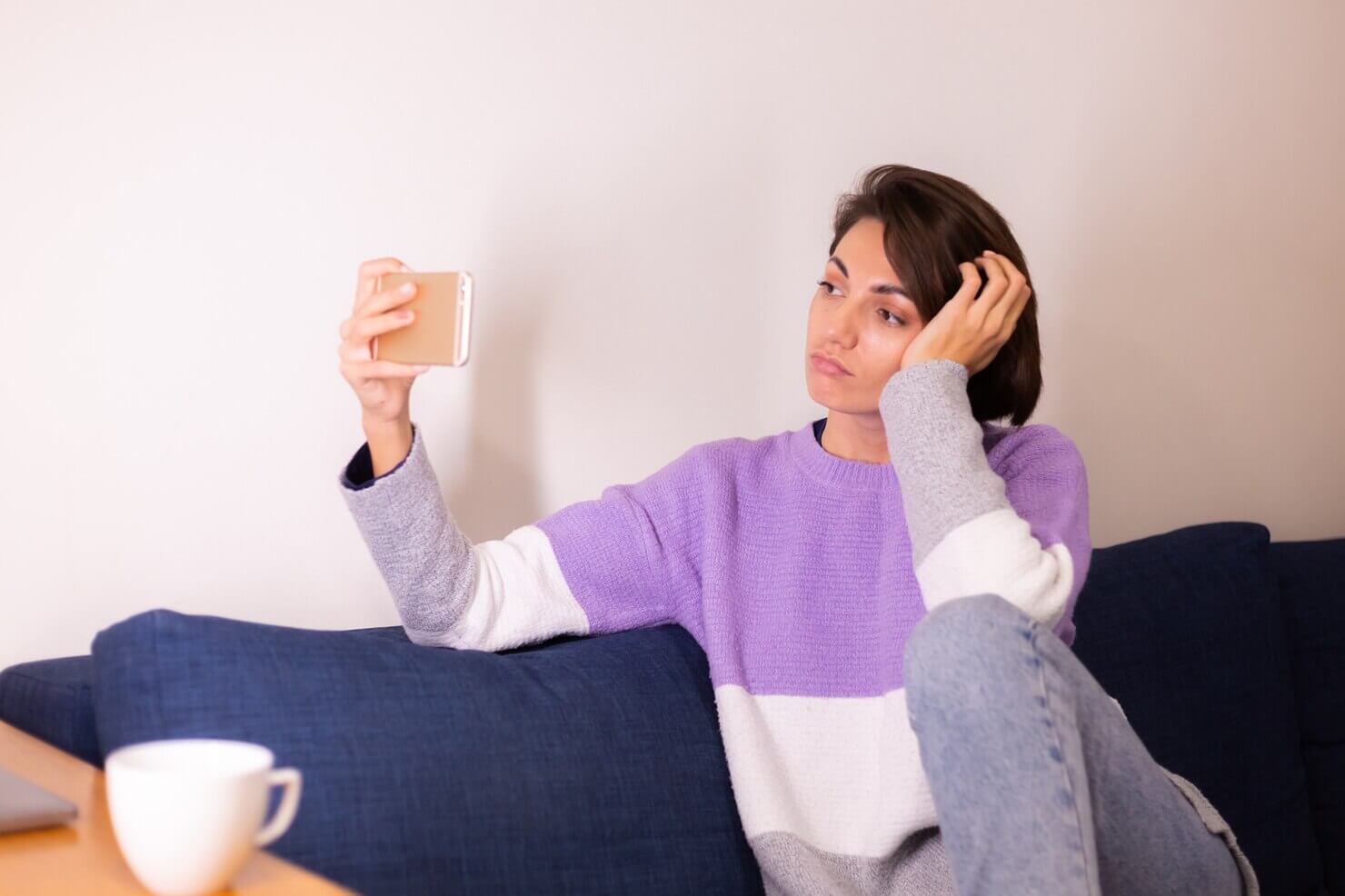
Despite these benefits, the pervasive use of social media has been linked to several negative mental health outcomes. Here are some of the key concerns:
- Anxiety and Depression:
- Excessive use of social media has been associated with increased levels of anxiety and depression. Constant exposure to curated, idealized portrayals of others’ lives can lead to feelings of inadequacy and low self-esteem.
- Fear of Missing Out (FOMO):
- FOMO is a pervasive anxiety that others are having rewarding experiences from which one is absent. Social media amplifies this fear by constantly showcasing events, gatherings, and milestones that users might feel excluded from.
- Cyberbullying:
- Online harassment and bullying are significant issues on social media platforms. Cyberbullying can lead to severe emotional distress, anxiety, depression, and even suicidal thoughts.
- Addiction:
- Social media can be addictive, with users spending excessive amounts of time on these platforms to the detriment of their real-life responsibilities and relationships. This addiction can lead to social isolation and a decrease in face-to-face interactions.
- Sleep Disruption:
- The blue light emitted by screens can interfere with the production of melatonin, a hormone that regulates sleep. Additionally, the stimulating nature of social media content can make it difficult to wind down, leading to poor sleep quality and insomnia.
- Decreased Attention Span:
- The fast-paced, ever-changing nature of social media can contribute to shortened attention spans. Users become accustomed to constant stimulation and may find it challenging to focus on tasks that require sustained attention.
- Body Image Issues:
- Exposure to unrealistic beauty standards and edited images on platforms like Instagram can lead to body dissatisfaction and negative self-image, particularly among young people.
Tips for a Healthier Online Presence
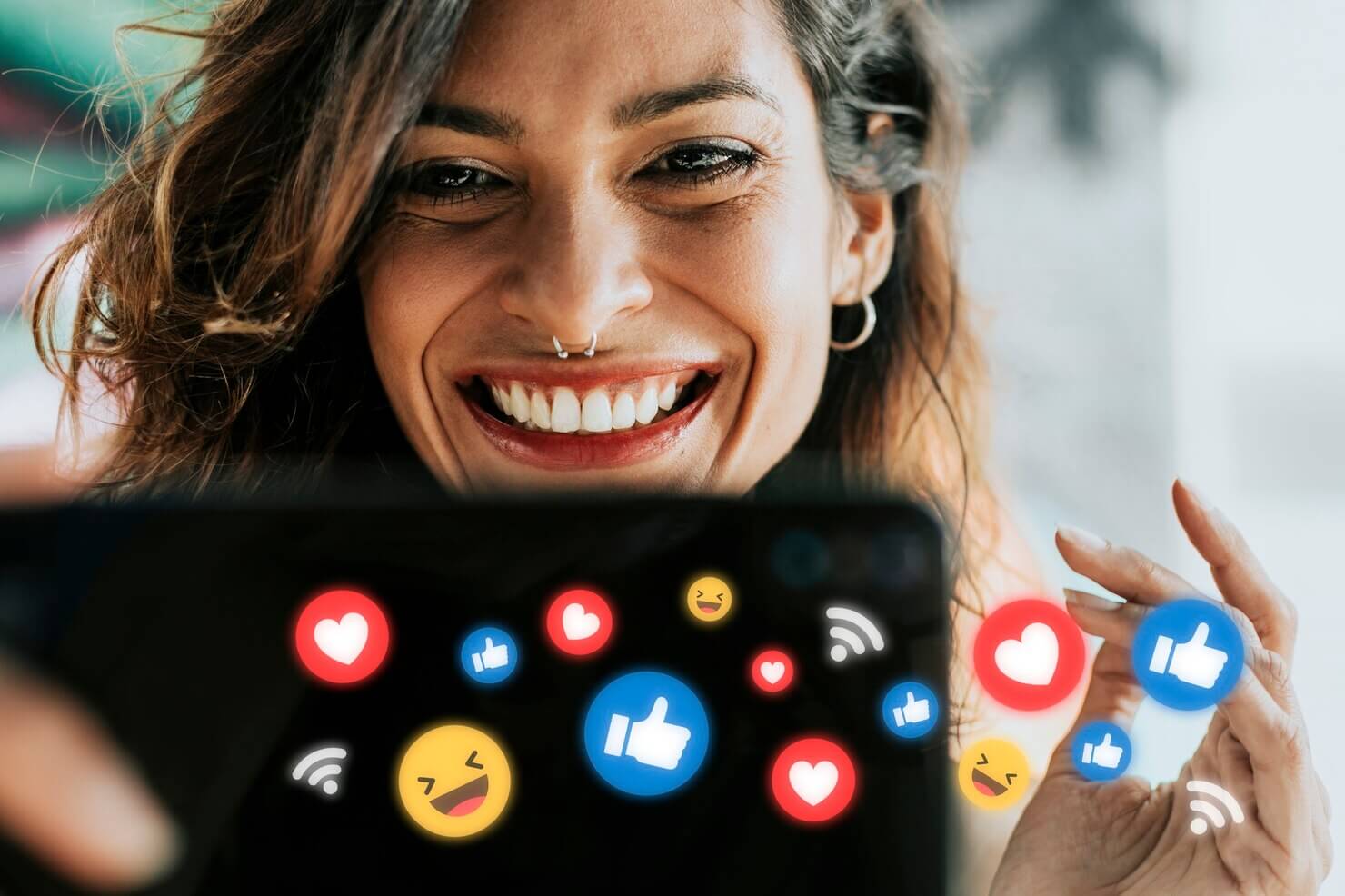
Given the potential negative impacts, it’s essential to adopt strategies that promote a healthier relationship with social media. Here are some tips to help manage your online presence more effectively:
- Set Boundaries:
- Establish clear boundaries for social media use. This could include setting specific times of the day for checking your accounts or limiting the amount of time spent on each platform. Apps like “Screen Time” for iOS and “Digital Wellbeing” for Android can help monitor and control usage.
- Curate Your Feed:
- Be selective about the accounts you follow. Choose to follow people and pages that inspire, educate, and uplift you. Unfollow or mute accounts that make you feel anxious, inadequate, or unhappy.
- Practice Mindfulness:
- Be mindful of how social media affects your emotions. Pay attention to your feelings during and after using these platforms. If you notice negative emotions, take a break and engage in an activity that brings you joy and relaxation.
- Engage Meaningfully:
- Focus on quality over quantity. Engage in meaningful conversations and interactions rather than mindlessly scrolling through your feed. Comment thoughtfully, share positive content, and connect genuinely with others.
- Avoid Comparison:
- Remember that social media often represents a highlight reel, not the full picture of someone’s life. Avoid comparing your life to others based on their online presence. Focus on your journey and achievements instead.
- Limit Exposure to Negative Content:
- Be aware of the content you consume. Limit exposure to negative news, toxic debates, and distressing content. Seek out positive, educational, and inspiring content instead.
- Take Digital Detoxes:
- Periodically disconnect from social media to recharge and refocus. Use this time to engage in offline activities, such as reading, exercising, or spending time with loved ones. A digital detox can help reset your relationship with social media.
- Seek Support:
- If social media is negatively impacting your mental health, don’t hesitate to seek support. Talk to a trusted friend or family member, or consult a mental health professional for guidance and support.
- Promote Positive Interactions:
- Use your platform to spread positivity. Share uplifting stories, support friends, and engage in constructive conversations. Creating a positive online environment can benefit your mental health and that of others.
- Educate Yourself:
- Stay informed about the potential impacts of social media on mental health. Understanding the risks can help you make more informed choices about how you use these platforms.
Creating a Balanced Relationship with Social Media
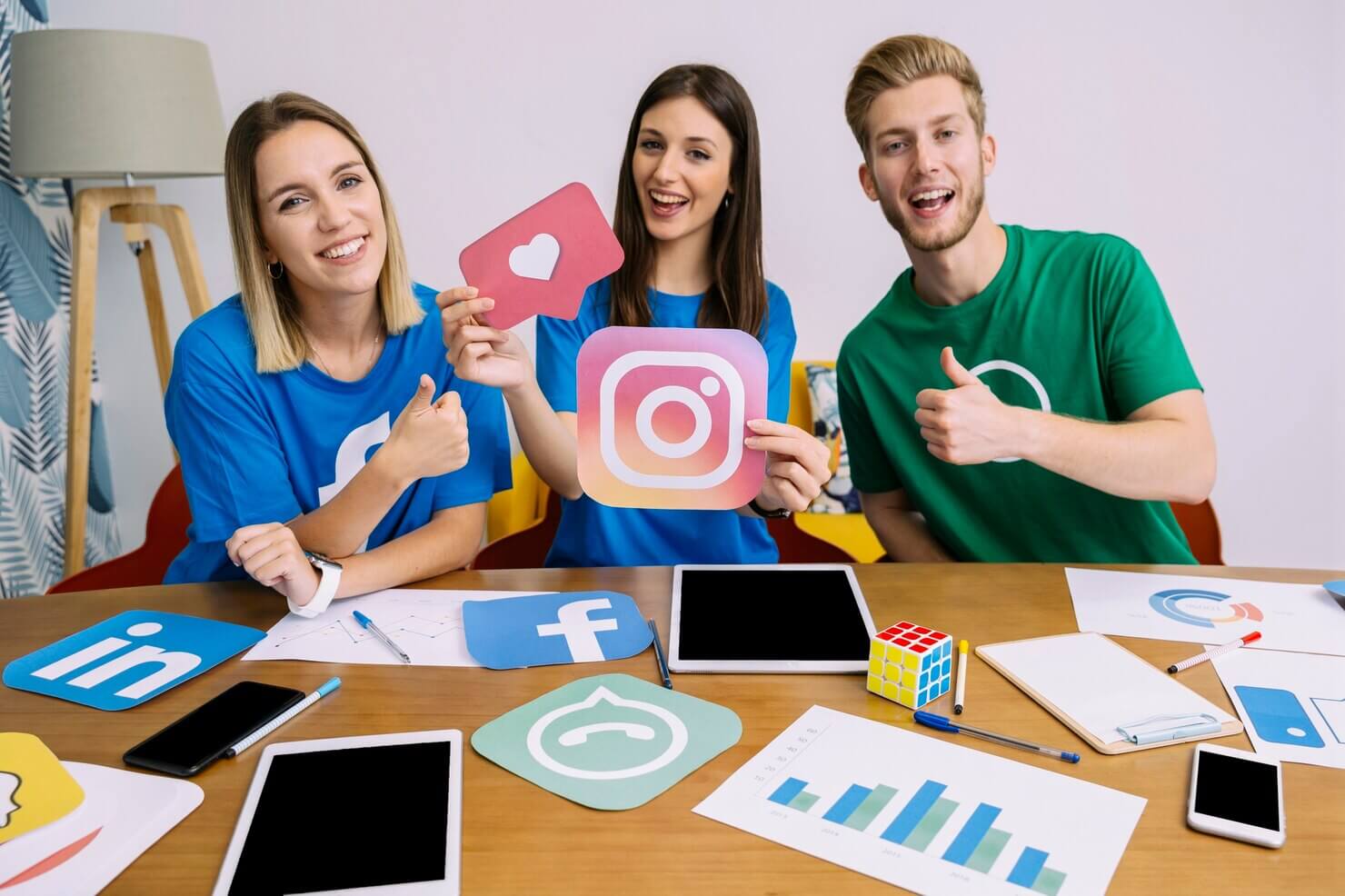
Achieving a balanced relationship with social media involves ongoing self-awareness and intentionality. Here are some additional strategies to consider:
- Personal Development:
- Invest time in personal development activities that build your self-esteem and resilience. This could include pursuing hobbies, learning new skills, or setting personal goals.
- Physical Health:
- Prioritize physical health by incorporating regular exercise, a balanced diet, and sufficient sleep into your routine. Physical well-being is closely linked to mental health and can help mitigate the negative effects of social media.
- Social Connections:
- Foster real-life social connections. Make an effort to spend time with friends and family in person. Building strong offline relationships can provide emotional support and a sense of belonging.
- Mindful Consumption:
- Be mindful of the content you create and share on social media. Consider the impact your posts may have on others and strive to contribute positively to the online community.
- Professional Guidance:
- If you struggle with managing social media use or its impact on your mental health, consider seeking guidance from a professional. Therapists and counselors can offer strategies and support to help you navigate these challenges.
The Role of Social Media Platforms
Social media platforms themselves have a role to play in promoting mental health. Here are some ways they can contribute:
- Promoting Positive Content:
- Platforms can prioritize the visibility of positive, educational, and supportive content. Algorithms can be adjusted to reduce the emphasis on negative or harmful content.
- Providing Resources:
- Social media companies can offer resources and support for mental health. This could include partnerships with mental health organizations, providing access to helplines, and offering educational content on mental health awareness.
- Enhancing Privacy Controls:
- Improved privacy settings and controls can help users manage their online presence more effectively. This includes tools to limit unwanted interactions, block harmful content, and control who can see their posts.
- Encouraging Breaks:
- Platforms can introduce features that encourage users to take breaks from scrolling. This could include reminders to take a break after a certain period of use or offering digital wellness tools to monitor usage.
- Addressing Cyberbullying:
- Social media companies can implement stronger measures to prevent and address cyberbullying. This includes more robust reporting systems, automated detection of harmful behavior, and providing support for victims.
Conclusion
Social media is a powerful tool that can enhance our lives in many ways, but it also has the potential to negatively impact our mental health. By understanding these risks and adopting strategies for a healthier online presence, we can mitigate the negative effects and enjoy the benefits of social media. Setting boundaries, practicing mindfulness, engaging meaningfully, and fostering positive interactions are key steps in maintaining a balanced and healthy relationship with social media. Additionally, social media platforms have a responsibility to support users’ mental well-being through positive content promotion, resources, and enhanced privacy controls. By working together, we can create a healthier online environment for everyone.

